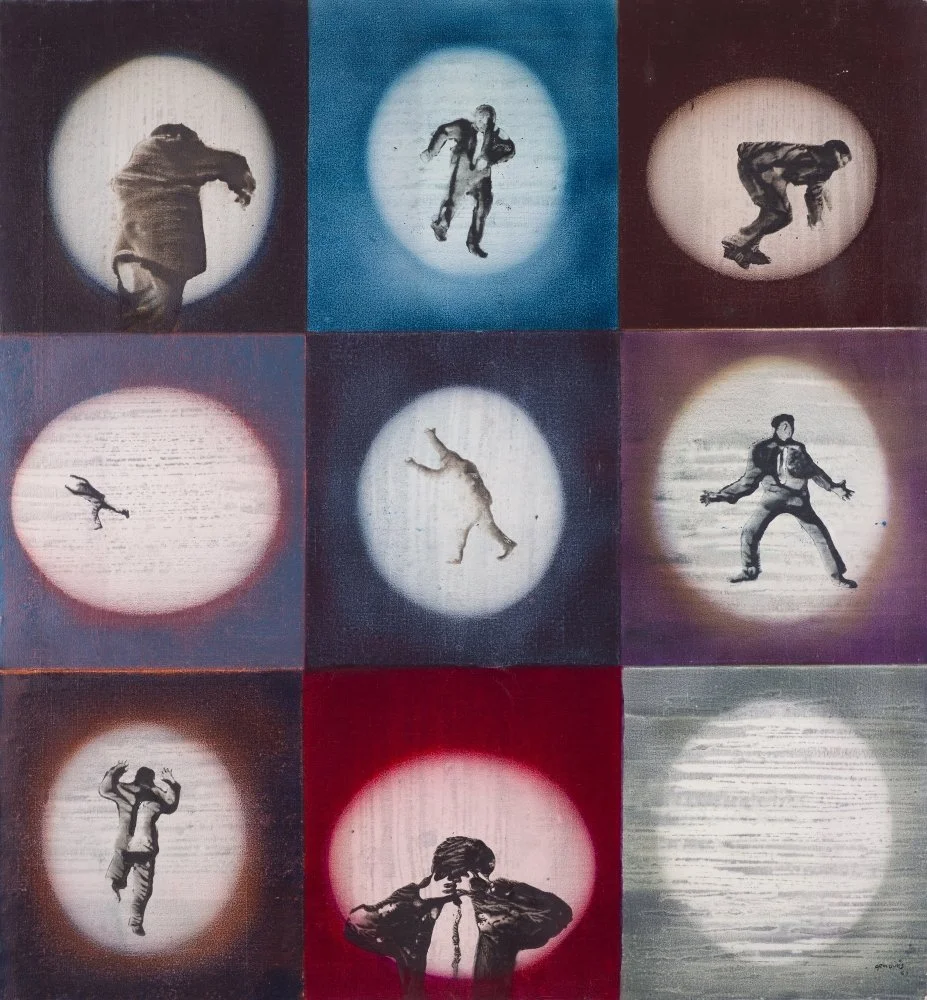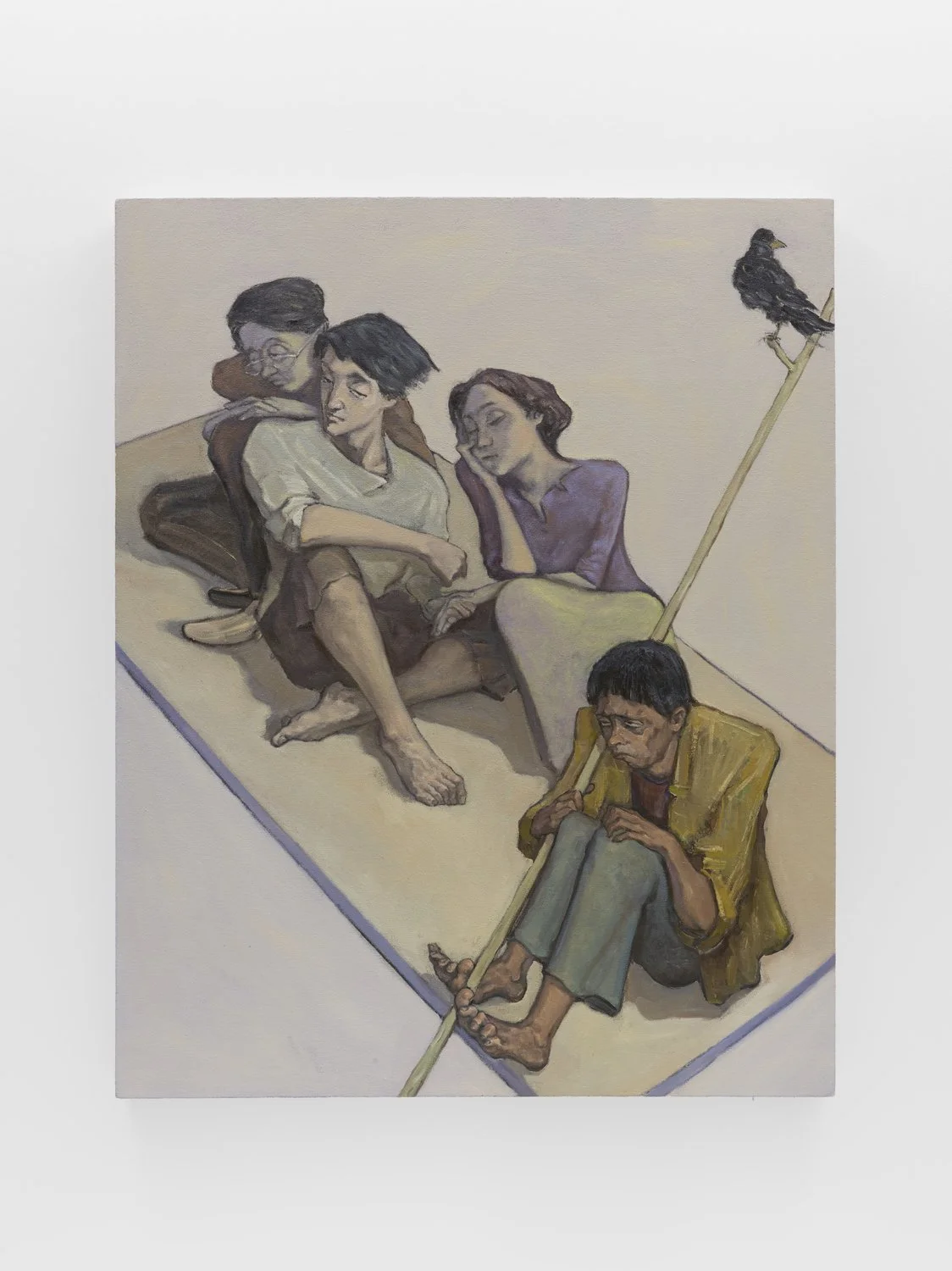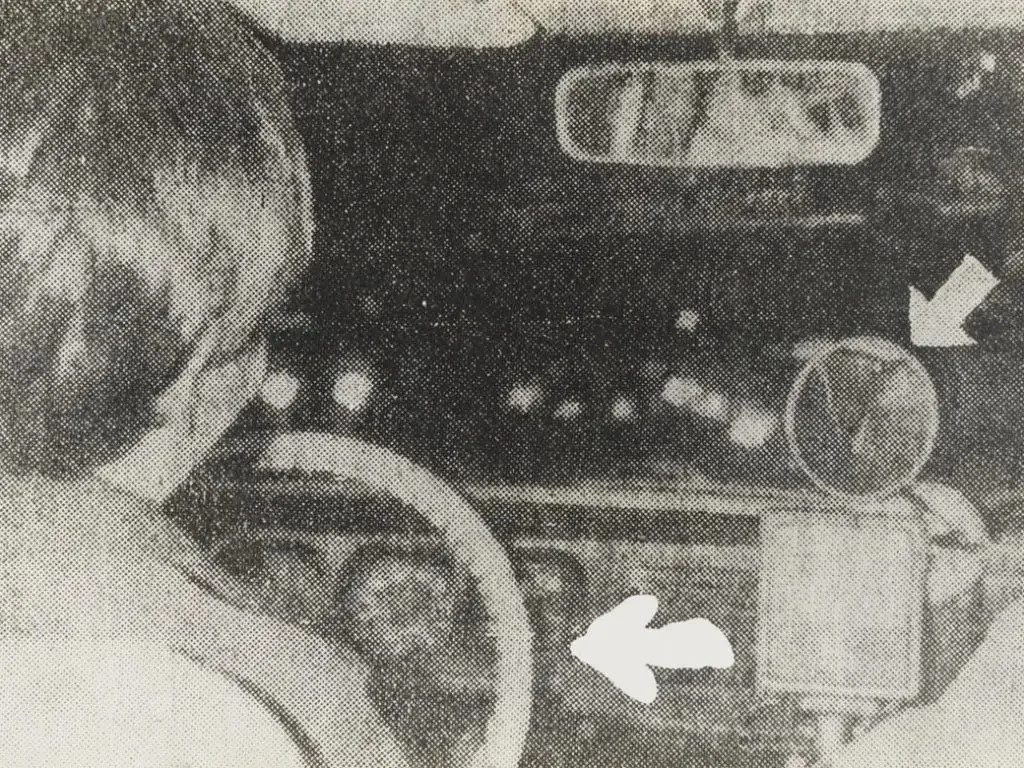Juan Genovés
“Reconsidered”
Marlborough
New York, 545 West 25th Street
Genovés was born in Valencia, Spain in 1930, in the midst of an era of political turmoil during the Spanish Civil War, witnessing the rise of the Franco dictatorship at a young age. This turmoil catalyzed him to emerge as a distinct artistic and activist voice in opposition to fascism and injustice, serving to inform his visual language and signature motif of the crowd. Developed in the early 1960s, the crowd paintings, typically executed from an aerial view, depict groups of people fleeing, hiding, or being harmed by agents of the state, thus creating a landscape of bodies in motion. Genovés’s work was viewed as highly controversial in Spain at the time and was banned from being exhibited nationwide.
Accompanying the exhibition will be a new publication which contextualizes Genovés’s unique approach to the political context in which he lived. Bartomeu Marí, formerly of The Institut Valencià d’Art Modern (IVAM) and Barcelona Museum of Contemporary Art (MACBA), explores the topic of political engagement, as was the practice of many who were silenced in Spain during the Franco years:
For Genovés, to be an artist was a form of rebellion in support of the silent side. We discover before us an unusual member of a community of creators, who during the second half of the twentieth century, expanded the frontiers of what we understand as art today. Genovés broadened the thematic vocabulary of post-war painting from a stage that was not very favorable to the arts and artistic experiments, such as Franco’s Spain. He is an artist who, with his civic action, laid the foundation for Spanish art from the avant-garde of the late twentieth century.






